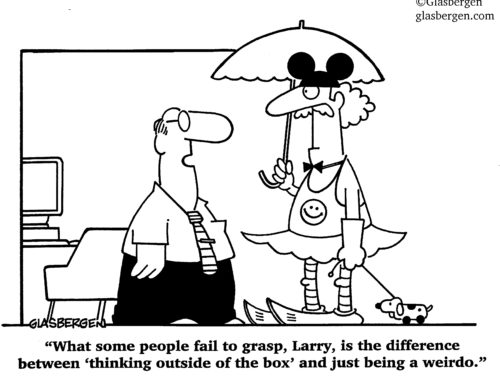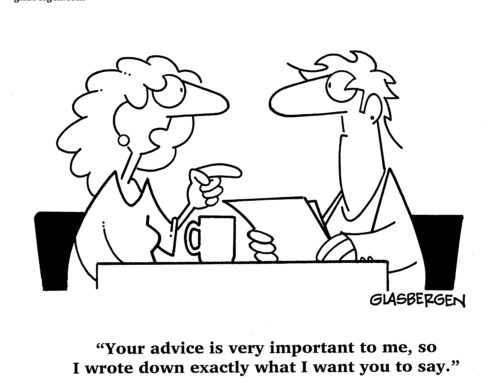According to Daniel Goleman, the Emotional Intelligence (EI) guru, Self-Awareness consists of three competencies:
- Emotional Awareness: Recognizing one’s emotions and their effects
- Accurate Self-Assessment: Knowing one’s strengths and limitations
- Self-Confidence: A strong sense of one’s self-worth and capabilities
Now, I’m not a big fan of navel-gazing, but being aware of ourselves can make all the difference to our interpersonal skills.
For example, if I feel annoyed every time I see Fred because he’s let me down on previous occasions or talked over me when I’ve been trying to say something in several meetings, then my emotional reaction on seeing Fred is going to affect my relationship with him. Before the poor guy has even opened his mouth, I am expecting a problem and preparing to defend myself! If I can recognise that negative emotion and manage to convince myself to give him another chance, then I might be able to have a productive conversation with him.
If I can assess just how far Fred can push me before I really do explode, then I can manage my emotions better or decide to avoid having a conversation with him today because I know I won’t be able to handle it.
If I don’t let the fact that I’m having trouble relating well with Fred make me feel terrible about myself and my abilities to get on well with people, then I’m on the way to seeing that the issue between Fred and me is one that can probably be resolved.
I might need to wait until I have dealt with my emotional reaction to Fred to the point where I can see that we have a problem that we can discuss and solve together, rather than seeing that FRED is the problem!



